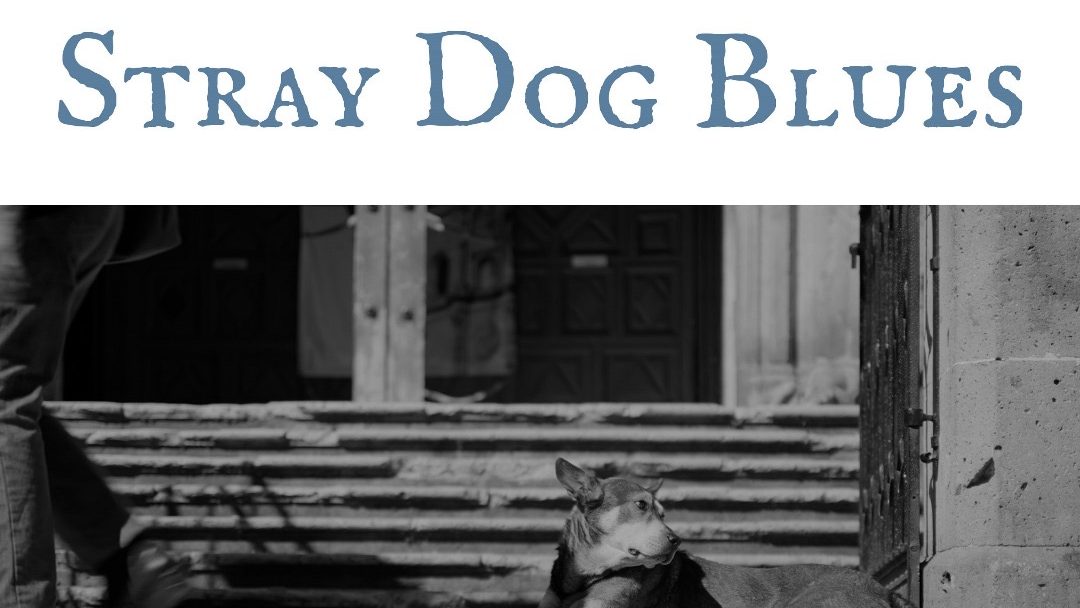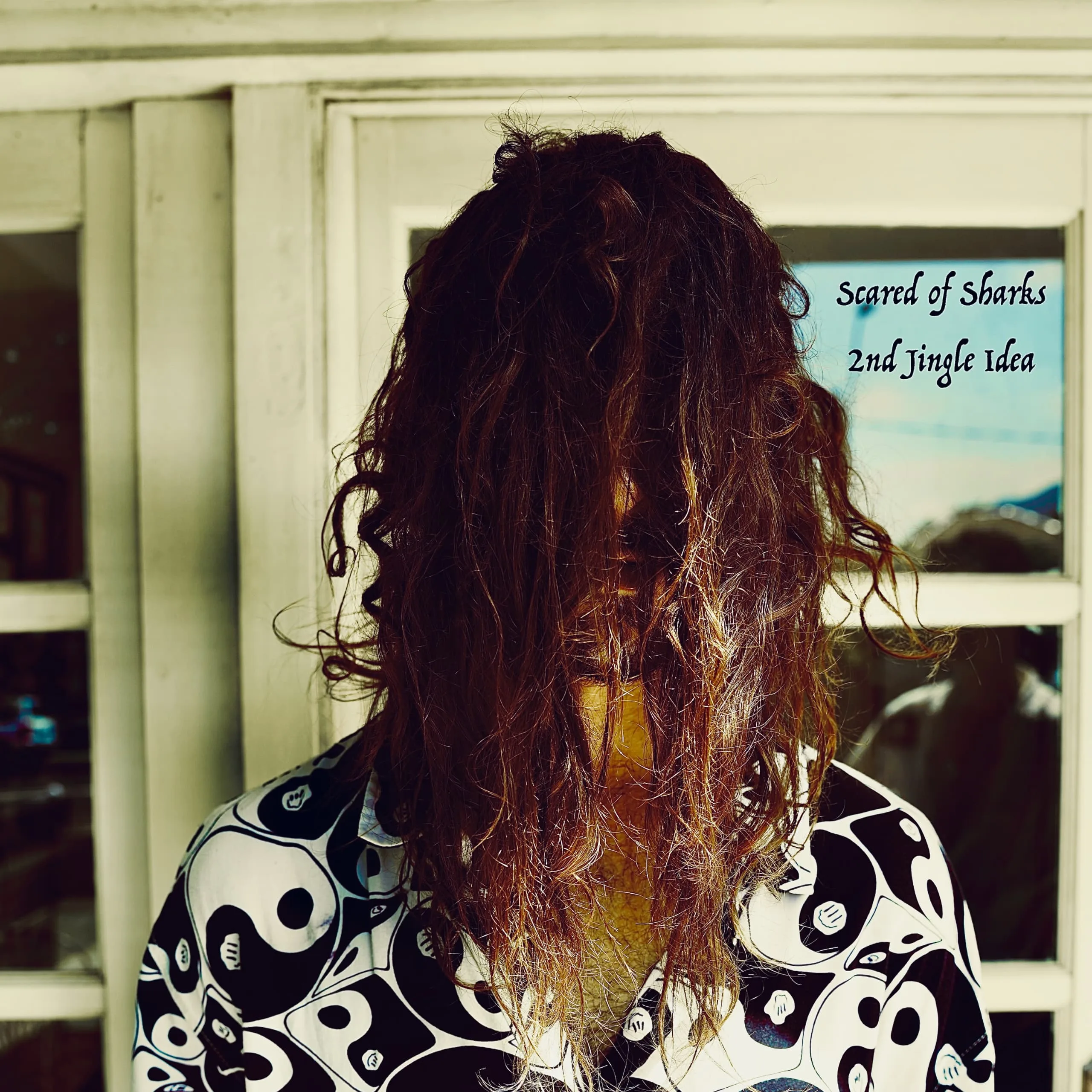Spyderhuff isn’t just a name, it’s a legacy. Rooted firmly in the vibrant musical landscape of Detroit, Michigan, the group draws from the city’s storied history of innovation and grit. Detroit has long been a cradle of genre-shaping talent, and Spyderhuff continues that lineage with pride. Formed by musicians who came of age during the explosive musical revolutions of the 1960s and 1970s, the band blends decades of experience into a sound that’s as timeless as it is fresh. Their music spans a wide palette, hard rock, jazz-fusion, country, blues, and soul, all fused into a style that honors tradition while carving out its own contemporary voice. Each band member brings a deep well of musical expertise, making Spyderhuff both dynamic and genuine.
Their latest release, “Stray Dog Blues”, dropped on June 27, 2025, and serves as a stirring, emotionally layered piece of storytelling. Taken from their upcoming EP, “Barfly at the Barn Dance,” the song is inspired by a heartfelt real-life moment: frontman Tom Kuhr’s reunion with his dog, Sonny, at a city animal shelter. While the event itself is deeply personal, the track transcends its origin story to explore broader themes, abandonment, loneliness, and the deeply human longing for connection and dignity. True to form, Spyderhuff leverages their rich Detroit musical roots to create a piece that’s steeped in blues tradition, yet fully grounded in present-day emotional realities.
From the first notes, “Stray Dog Blues” draws listeners into a mood of melancholy and reflection. The distinctive sounds of dobro and slide guitar immediately paint a sonic landscape of isolation and dust-covered backroads. These instruments aren’t just accompaniment, they act as emotional storytellers in their own right, mirroring the sorrow and yearning in the lyrics. Spyderhuff taps into Southern sonic textures to support the song’s thematic core, but this isn’t genre mimicry, it’s a transformation. The band takes familiar elements and reshapes them into something entirely their own, all while staying true to the EP’s country-blues concept.
The rhythm section anchored by Don Beyer on bass, James Carmichael Dooley on drums, and Tony Mitchell on bongos, enters with quiet strength. Rather than dominate, they build a groove that feels organic and emotionally grounded. Beyer’s bass lines form a melodic anchor, while Dooley’s steady drumming adds a heartbeat-like pulse. Mitchell’s bongos introduce a subtle earthiness, layering in a texture that makes the song breathe. The result is a slow-burning composition that draws you in, emphasizing emotional depth over sheer volume.
At the song’s core is Tom Kuhr’s vocal delivery, understated, worn, and deeply sincere. His performance feels lived-in, as though he’s pulling each line straight from memory. There’s no dramatic flair or over-the-top delivery, just a steady, honest voice that carries the song’s emotional gravity. Kuhr doesn’t perform the lyrics so much as live them, serving as a vessel for both personal truth and symbolic resonance. Through his voice, the story of one rescued dog becomes a mirror for all who’ve ever felt discarded or overlooked.
Lyrically, “Stray Dog Blues” is powerful in its simplicity. The words don’t strive for poetic complexity; instead, they paint a clear, heartfelt picture of forgotten lives, both animal and human. The shelter setting becomes a metaphor for abandonment and quiet hope, touching on universal themes like rejection, longing, and the basic human need to be seen. Spyderhuff uses this straightforward lyrical approach to invite deep reflection, ensuring that listeners feel the weight of every line while also finding their own meanings within the song.
The production on the track is equally thoughtful. The rawness in the mix doesn’t feel unpolished, it feels intentional, enhancing the song’s emotional immediacy. Each instrument is carefully balanced, never crowding the vocals or overwhelming the narrative. Occasional touches of synths and organ enrich the arrangement without pulling attention away from the central story. This subtle craftsmanship highlights the band’s maturity, proving they know when to hold back and let the music speak for itself.
One of the most compelling elements is the guitar work, a second voice in the song’s dialogue. Joey Gaydos’ lead guitar plays with nuance and sensitivity, offering phrases that echo the emotion in Kuhr’s lyrics without stealing the spotlight. These guitar flourishes feel conversational, like musical responses to the song’s emotional terrain. It’s another layer of storytelling that elevates the entire track, showing just how tightly knit the band is as a unit.
Ultimately, “Stray Dog Blues” is more than just a well-crafted song, it’s a call for empathy. Spyderhuff doesn’t just want to entertain; they want to provoke thought, stir emotion, and remind listeners of the lives we often overlook. By transforming a personal experience into a broader reflection on loss and dignity, they show music’s power to shine a light on the forgotten corners of the human experience. With this release, Spyderhuff reinforces their reputation not just as seasoned musicians, but as master storytellers whose work resonates far beyond the notes.



